FREQUENTLY ASKED QUESTIONS
CHECK OUT THE FAQs
5 Things to Know Before You Close.
What to know before closing.
The Loan Estimate: Today, borrowers receive two separate forms from their lender at the beginning of the transaction. This includes the Good Faith Estimate (GFE). Also, the initial disclosure required under the Truth-in-Lending Act (TILA). What about loan applications taken on or after October 1, 2015? The creditor will now use a combined Loan Estimate. This is now intended to replace the two previous forms. You must provide the new three-page Loan Estimate form to borrowers on a timetable similar to the current receipt of the GFE.
The Closing Disclosure: The combination of forms continues at the end of the transaction as well. This is with the HUD-1 Settlement Statement. Also, the final TILA forms now combined into a single Closing Disclosure form. This new five-page form is not only to disclose many terms and provisions of the loan. Also, the financial transaction of the closing of the sale.
Closings are now impacted by delivery rules of the new forms:
There is a part of the final rule creating these two new combined forms. The CFPB determined that borrowers would be better served by having a short time to review the new Closing Disclosure form. This is prior to signing their loan documents. As a result, in its rule, CFPB mandated borrowers have three days after receipt of the Closing Disclosure to review the form and its contents.
Note: The three-day review period starts upon the “receipt” of the form by the borrower. Unless some positive confirmation of the receipt of the form (i.e., hand delivery), the form is “deemed received” three days after the delivery process starts (i.e., mailing). As a result, the combination of the “delivery time period” and the “review time period” results in seven business days (excluding Sundays) from mailing to loan signing.
Title fees may need to be adjusted at closing and explained:
Both the new Loan Estimate and Closing Disclosure forms require any listing of settlement service involving title insurance or closing activities precede by the phrase “Title ”. This will allow the borrower to clearly see all charges in the same area. The disclosure of fees will adjuste and explained on page 3 to reflect the following:
The new forms have 7 areas for fees:
The line numbering on the HUD-1 familiar to most is gone. Instead, the fees and charges placed on the Closing Disclosure in one of seven areas:
Individual charges within each of these major groupings are alphabetically listed. Columns provide separate charges of the buyer, seller and other (as well as columns for both payments before and at closing).
Your clients will likely receive more than one Closing Disclosure:
The Buyer/Borrower will receive a Closing Disclosure several days before the closing. Also, likely a few days before a walkthrough on the property. Buyers/Borrowers will likely receive a new, adjusted Closing Disclosure at the closing showing. Any changes that occurred between the initial disclosure and the closing, including adjustments due to the timing of the closing, walk through adjustments and other matters.
Changes may not end there and CFPB mandates that changes in financial disclosure numbers (i.e., changes in a recording fee) in any amount must be re-disclosed, even post-closing.
What is Title Insurance?
Title insurance is a form of indemnity insurance. This insures against financial loss from defects in title to real property. Also, from the invalidity or unenforceability of mortgage loans. There are two types of title policies: Owners and Lenders. Lenders require fire insurance. Also, other types of insurance coverage to protect their investment. Nearly all institutional lenders require title insurance (lender’s policy). This is to protect their interest in the collateral of loans secured by real estate. Some mortgage lenders, especially non-institutional lenders, may not require title insurance. Buyers purchasing properties for cash or with a mortgage lender often want title insurance to protect their interest as well. A loan policy provides no coverage or benefits for the buyer/owner. Your decision to purchase an owner’s policy is independent of the lender’s requirement of a loan policy.
What Will My Closing Costs Be?
Closing costs are best determined by your settlement agent or attorney. They can give you an estimate as to the actual closing cost. A loan estimate is also given to you by your lender. These costs may be a reasonable estimate. They may vary depending on the costs from the service providers in your transaction.
How Can Title Insurance Protect Me?
Does the Bank Or Lending Institution Always Arrange for Title Insurance?
It usually does, but the lender only insists on a loan policy. The lender does not arrange for an owner’s policy that insures an owner’s interest in the property. You could lose your equity if you do not have the Owner’s Title Insurance.
If I Don't Have Owner's Title Insurance, How Will A Claim Against My Home Affect Me?
It could be very serious. It would mean you would have to pay all expenses involved with the legal defense of your rights. It could even result in complete loss of your equity if your defense is unsuccessful.
What Is A Title Defect?
It is any one of a number of things that could jeopardize your interest. It could be an unsatisfied mortgage, lien, judgment or other recorded claim against the property. A defect could also take the form of a claim by a third party such as an unknown heir or prior owner whose title transfers by forgery or fraud.
